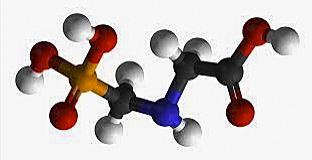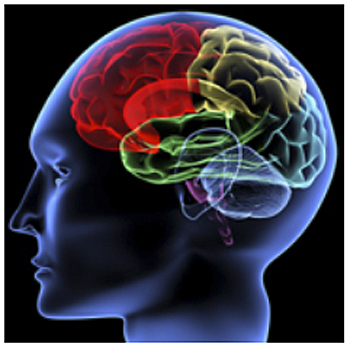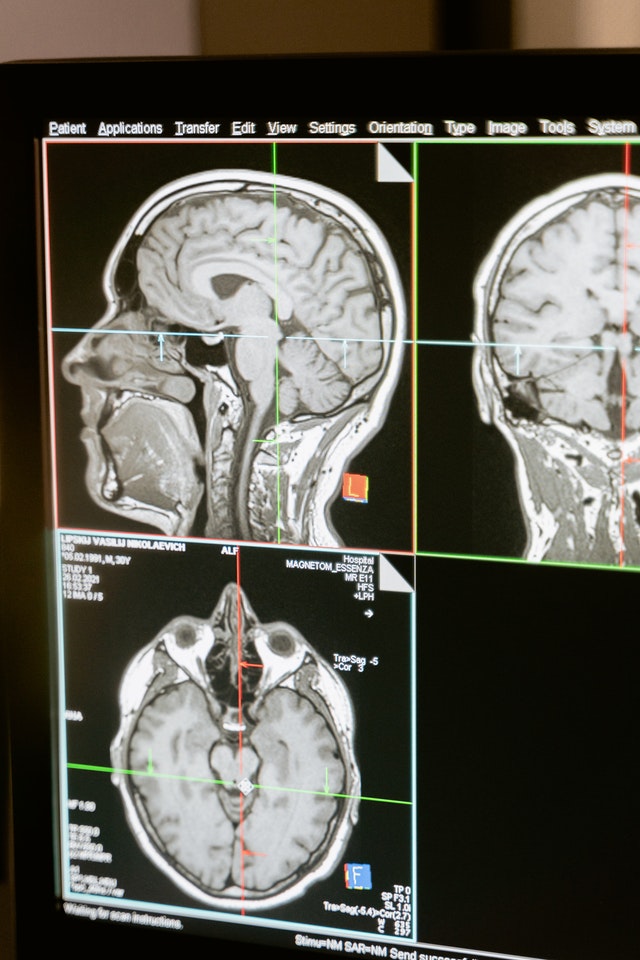Glyphosate, neurological diseases — and the scientific method
We must be careful not to rush to label glyphosate as excessively toxic to humans because when used properly and in proper quantities it is probably no more dangerous and toxic than other effective herbicides on the market. Unfortunately, most effective herbicides and insecticides could be classified as neurotoxic and carcinogenic because in high enough […]
Glyphosate, neurological diseases — and the scientific method Read More »





